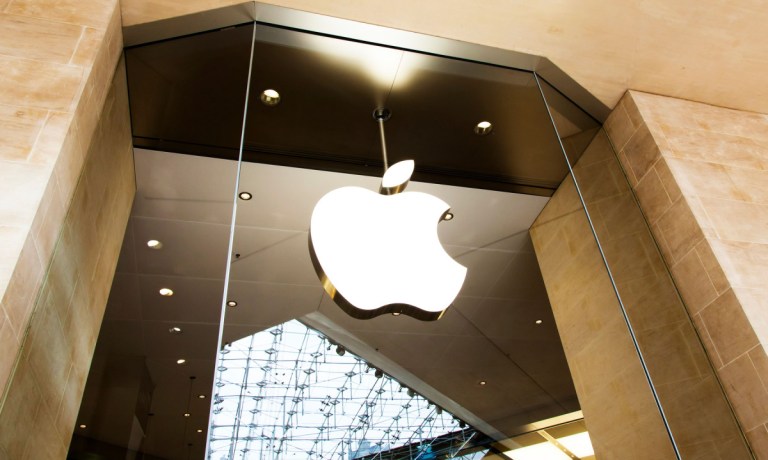Apple’s Ad Policy Catches Attention of French Regulator

Apple’s advertising practices have drawn the ire of France’s competition watchdog.
The country’s Autorité de la Concurrence on Tuesday (July 25) issued a statement of objection to the iPhone maker’s practices of using user data for advertising on iOS devices.
“Apple is accused of having abused its dominant position by implementing discriminatory, non-objective and non-transparent conditions for the use of user data for advertising purposes,” the agency wrote in the statement, posted on its website.
In a statement to PYMNTS, Apple said the app tracking transparency framework — at the center of the issue — gives users added control by requiring apps to ask permission before tracking them.
“Apple’s apps do not show an ATT prompt because they do not track, meaning they do not link user or device data with user or device data collected from other companies’ apps, websites, or offline properties for targeted advertising or advertising measurement purposes, nor do they share user or device data with data brokers,” the statement said. “Additionally, Apple holds its advertising business to a higher standard of privacy than it requires of any other developer by prompting users for explicit permission before delivering any personalized ads.”
The company added it has gotten “strong support from regulators and privacy advocates on the goal of ATT,” and will continue to work to make sure users hold onto control of their data.
The news comes one week Apple and Amazon were accused by Spain’s antitrust watchdog of colluding to block competition on Amazon’s Spanish website.
That fine was announced on July 18 by the CNMC, Spain’s antitrust watchdog, which accuses the two tech giants of signing contracts in 2018 that “unreasonably restricted the number of resellers of Apple products on the Amazon website in Spain.”
Meanwhile, the agency said, Apple and Amazon also “limited the advertising spaces where competing Apple products can be advertised on the Amazon website in Spain.”
Thanks to the companies’ agreement, more than 90% of retailers that use Amazon to sell Apple products were blocked. The regulator fined Apple $161.4 million and Amazon $56.7 million and gave the two tech giants two months to appeal the decision.
Apple and Amazon told PYMNTS that they plan to do just that, and said their arrangement had helped crack down on counterfeit goods and provided a greater selection of Apple products for customers in Spain.
Apple was also fined earlier this year by France’s privacy watchdog CNIL due to ad personalization in the iPhone maker’s App Store.
“The advertising targeting settings available from the ‘Settings’ icon of the iPhone were pre-checked by default,” the CNIL said in a statement, even though that was not strictly necessary for the device’s functioning.
It added that the case, which dates back to 2021, involved a previous iteration of the phone’s iOS operating software.
The lobbying group which brought the original case had contended that Apple under iOS 14 had failed to ask iPhone users clearly enough for their prior consent to allow installed mobile apps to gather a key identifier used for targeted ads.
Apple said after the announcement it was “disappointed with this decision” and that it would file an appeal.